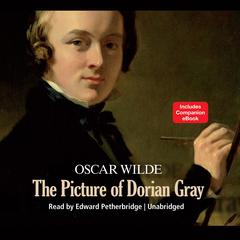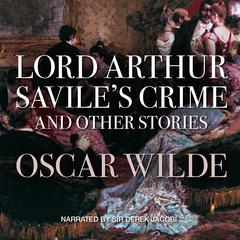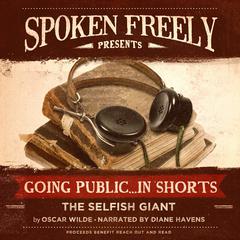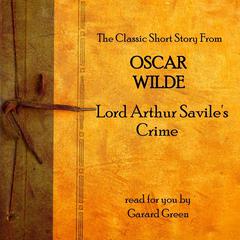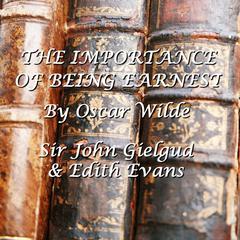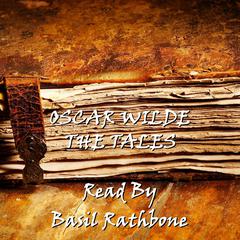 Play Audiobook Sample
Play Audiobook Sample
The Picture of Dorian Gray Audiobook
 Play Audiobook Sample
Play Audiobook Sample
Quick Stats About this Audiobook
Total Audiobook Chapters:
Longest Chapter Length:
Shortest Chapter Length:
Average Chapter Length:
Audiobooks by this Author:
Publisher Description
Dive into the chilling world of Oscar Wilde's 'The Picture of Dorian Gray.' Handsome Dorian Gray remains untouched by age or vice, while his hidden portrait grotesquely ages and decays. His sinister secret? His sins are etched not on him, but his portrait. A thrilling exploration of vanity and corruption, Wilde's masterpiece questions the price we're willing to pay for eternal beauty. Are you ready to face the hidden ugliness within the human soul?
Download and start listening now!
The Picture of Dorian Gray Listener Reviews
- — Hector Dvane, 2/23/2024
About Oscar Wilde
Geoffrey Giuliano is the author of over twenty internationally bestselling biographies, including the London Sunday Times bestseller Blackbird: The Life and Times of Paul McCartney and Dark Horse: The Private Life of George Harrison. In addition, he can be heard on the Westwood One Radio Network and has written and produced over sixty original spoken-word albums and video documentaries on various aspects of popular culture.
















